Research Opportunities
Water Technologies Innovation Institute & Research Advancement (WTIIRA) offers a diverse set of research opportunities focused on advancing water technologies and sustainable solutions. Research efforts are aligned with the needs of the water sector, including production, transmission & storage, distribution, wastewater treatment, and treated water reuse.
WTIIRA defines its research directions across four strategic themes:
- Process Innovation
- Sustainability & Advanced Materials
- Clean and Renewable Energy
- Circular Economy
Through this platform, WTIIRA enables partnerships with academic institutions, researchers, and industry partners to co-develop impactful research outcomes. Opportunities are available through:
Call for Proposals
Provides opportunity for companies and industrial partners to propose collaborative research in the water sector. This initiative enables co-development of impactful solutions that address both challenges and opportunities aligned with using state-of-the-art equipment.
Water Research Community (WRC)
Aims to support innovative research ideas in the water sector through periodic open calls. These calls invite researchers from universities and research institutions to submit proposals that explore pressing challenges and emerging opportunities aligned with national priorities.
Research Priorities:
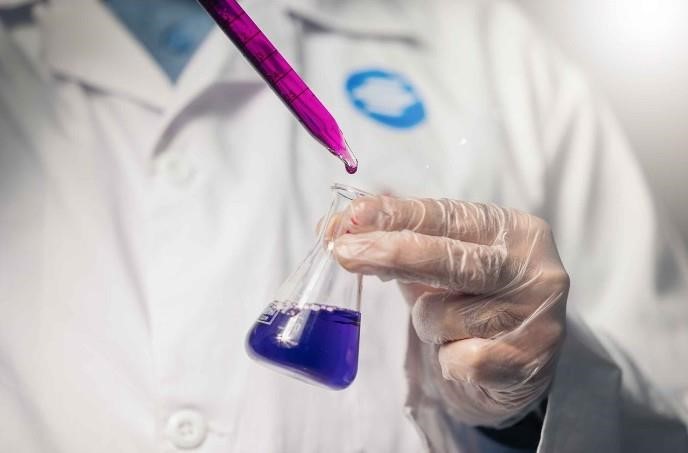
Water Quality (Real time monitoring and/or mitigation plan)
Ensuring clean water availability requires advanced solutions for real-time water quality monitoring and mitigation. Research is invited to develop innovative sensors, data analysis frameworks, and IoT-enabled systems for real-time detection of contaminants. Additionally, proposals can explore mitigation strategies using AI-based models or automated interventions to address pollution in surface water, groundwater, and treated effluents.
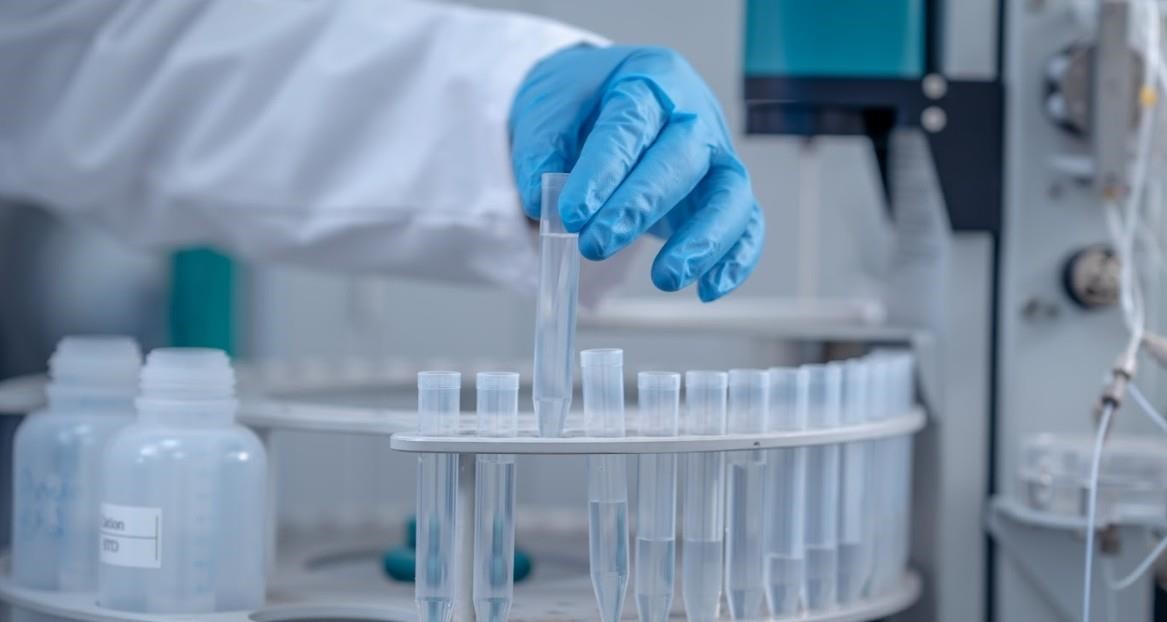
Water and Wastewater Treatment technologies
The development of efficient and sustainable water and wastewater treatment technologies is critical for addressing global water challenges. Research topics may include advancements in desalination, biological treatments, chemical oxidation processes, and hybrid systems. Emphasis is placed on energy-efficient solutions, treatment of emerging contaminants, and technologies for improved effluent quality that meet regulatory standards.
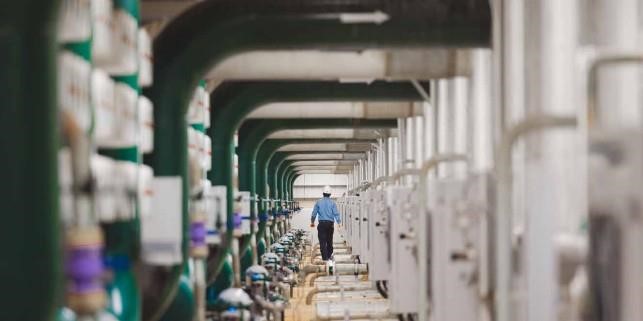
Recycling and Reuse water resources (Aquifer recharge, irrigation, etc)
To mitigate water scarcity, recycling and reuse play a key role. Research proposals are encouraged on innovative solutions for aquifer recharge, treated wastewater reuse in irrigation, and safe applications in industrial and municipal sectors. Topics can explore cost-effective treatment methods, health risk assessments, and policies to maximize circular water use.
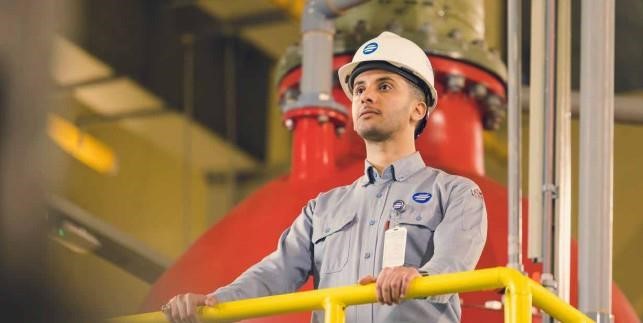
Expansion of Water Industry (Agriculture, Industrial process water, ultra-pure water, etc.)
The water industry is evolving to meet the diverse demands of agriculture, industrial processes, and ultra-pure water applications. Research proposals can focus on technological advancements to produce high-quality water tailored to sector-specific needs. Innovative treatment processes, resource optimization, and integration with industrial processes are particularly welcomed.
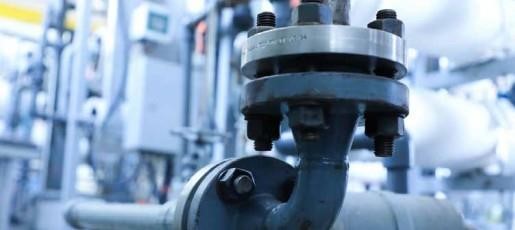
Integrated Water Management (Methodology, AI Application, etc.)
Integrated Water Management is key to sustainable water resource planning and operations. Proposals are invited to develop methodologies for holistic water management using AI and machine learning for predictive analytics, system optimization, and decision support tools. Research can explore integrated approaches for balancing water demand, availability, and quality.
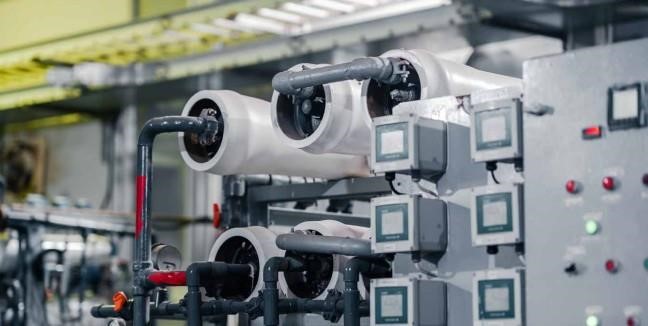
Urban Water Management (Non-Revenue Water Reduction, non-conventional water, etc)
Urban water systems face significant challenges, including water loss and growing demand. Research topics include innovative technologies for non-revenue water (NRW) reduction, smart leak detection, and non-conventional water sources such as rainwater harvesting and greywater reuse. Solutions that integrate digital twins and smart infrastructure are highly encouraged.
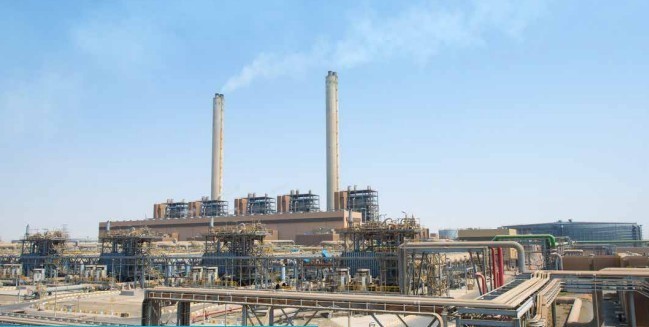
Decentralized water and wastewater systems (Peri-urban application, remote/rural area)
Decentralized systems are vital for peri-urban, remote, and rural areas where centralized infrastructure is impractical. Research proposals can focus on modular, cost-effective water and wastewater treatment systems powered by renewable energy. Solutions addressing localized challenges such as resource recovery, resilience, and community engagement are sought.

Water-Energy Nexus Optimization
The water-energy nexus highlights the interdependence between water systems and energy consumption. Research is invited to optimize energy efficiency in water treatment, desalination, and distribution systems. Proposals may include energy recovery solutions, integration of renewable energy, and innovative technologies to decarbonize water operations.
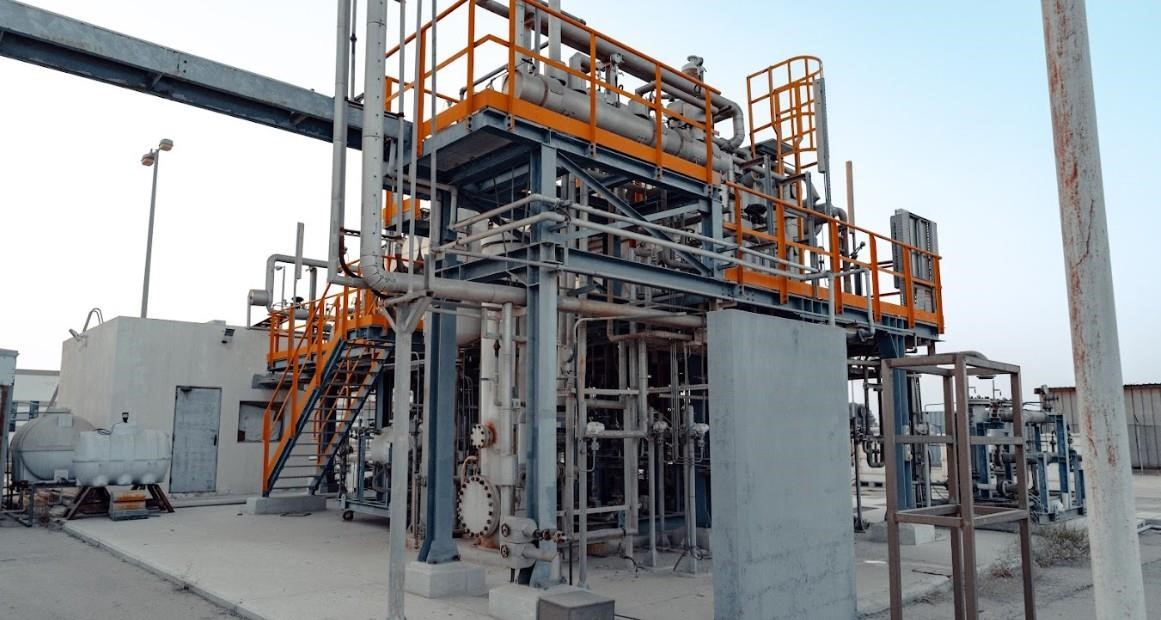
Water Storage (natural and man-made) and Transmission Systems
Improving water storage and transmission infrastructure is essential for long-term sustainability. Research topics include enhancing natural water storage (aquifers, wetlands) and designing efficient reservoirs and pipelines. Innovations for smart transmission systems, energy-efficient pumping, and minimizing losses are encouraged.

Spiral wound & hollow fiber membranes for water treatment
Membrane technologies play a crucial role in advanced water treatment processes. Proposals are invited to develop next-generation spiral wound and hollow fiber membranes with improved fouling resistance, performance efficiency, and cost-effectiveness. Topics can include novel materials, coatings, and sustainable production processes.
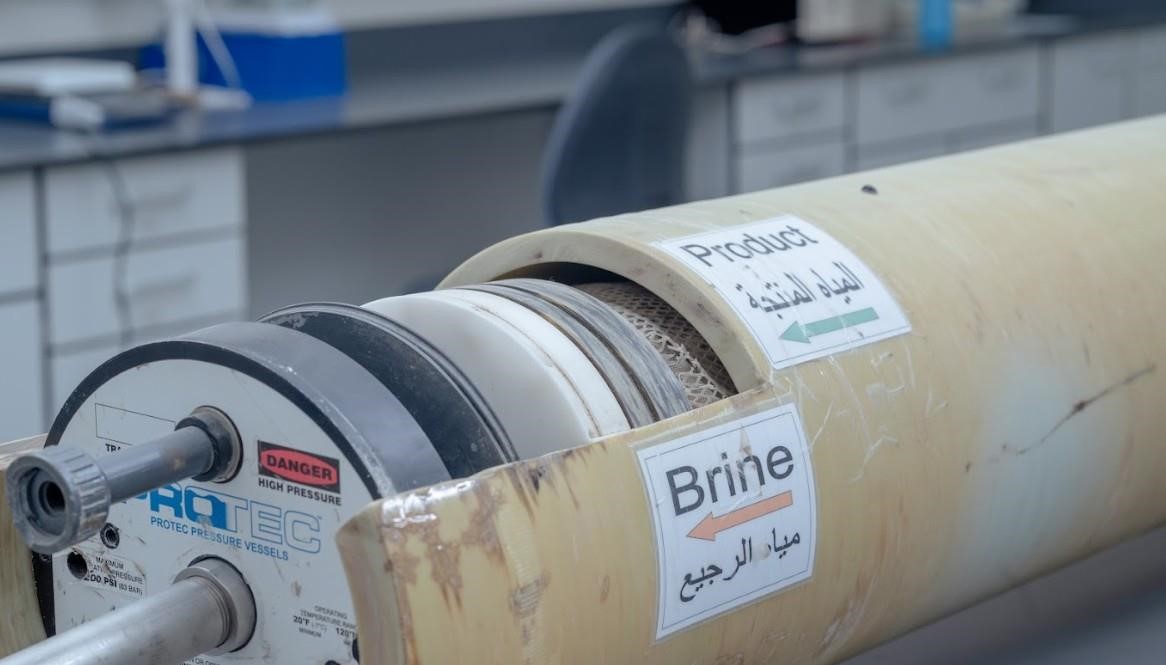
Circular Economy in Water System (Brine Valorisation/Resource recovery for energy, nutrients, minerals)
Brine valorization and resource recovery align with the principles of a circular economy in water systems. Research proposals can focus on recovering valuable minerals, nutrients, and energy from desalination brine and wastewater streams. Solutions for reducing environmental impact and enhancing economic feasibility are highly encouraged.

Development of new generation of chemicals
Advanced water treatment requires chemicals with improved efficiency, safety, and sustainability. Research topics may include the development of green chemicals for coagulation, disinfection, and membrane cleaning. Proposals can also address alternatives to conventional chemicals that minimize environmental and health impacts.
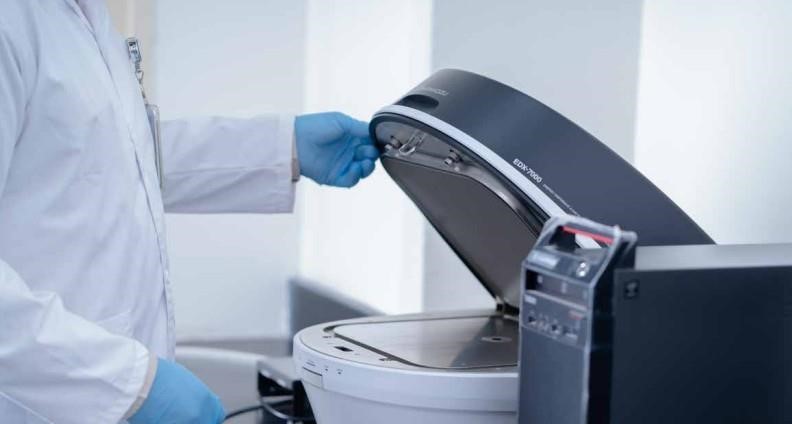
Impact of emerging contaminants, monitoring and mitigation
Emerging contaminants such as pharmaceuticals, microplastics, and PFAS pose risks to human health and ecosystems. Research proposals can focus on developing detection methods, real-time monitoring technologies, and innovative mitigation strategies to remove these contaminants from water and wastewater streams.
© 2026 Global Water Innovation Platform - All rights reserved